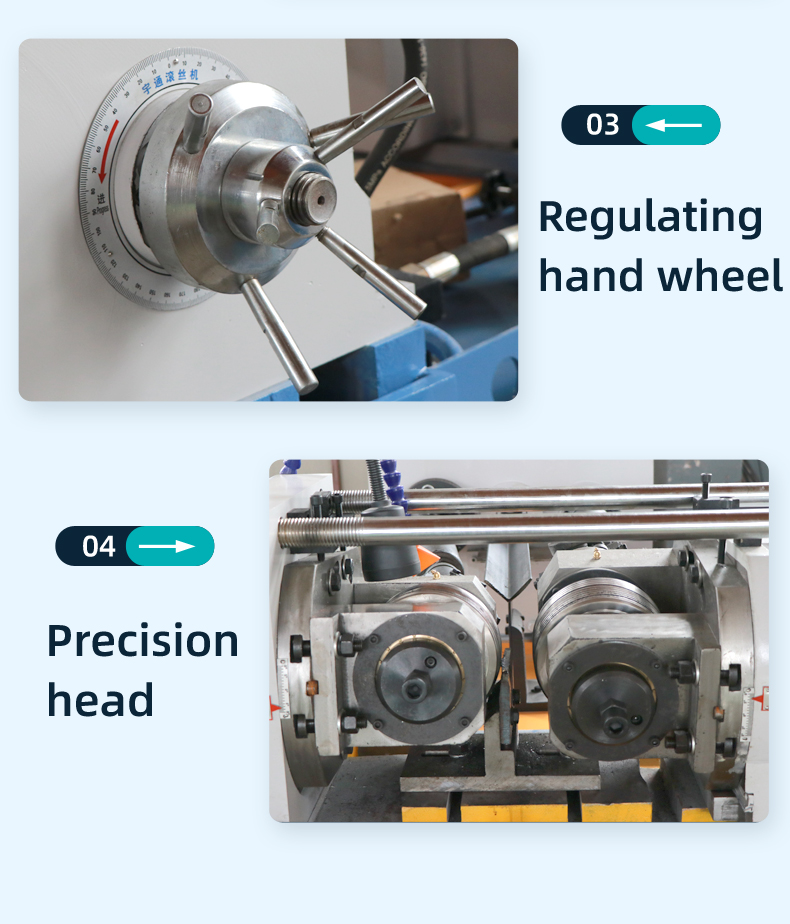types of thread rolling suppliers
Types of Thread Rolling Suppliers An Overview
Thread rolling is a vital manufacturing process used to create threads on cylindrical workpieces, primarily for fasteners and other industrial components. The process is admired for its efficiency and the superior mechanical properties it imparts to the finished products. As demand for threaded components grows across various industries, understanding the types of thread rolling suppliers available can help businesses make informed choices.
Types of Thread Rolling Suppliers
1. OEM (Original Equipment Manufacturers)
OEMs typically produce components that are used in larger assemblies or machines. These suppliers focus on high-volume production and often offer a wide range of products, including custom thread rolling solutions. They have the capability to design and manufacture specialized parts tailored to specific client needs, making them suitable for companies with unique or complex requirements.
2. Specialty Manufacturers
These suppliers specialize exclusively in thread rolling and related processes. They often have advanced technology and expertise dedicated to creating specific types of threaded products. Specialty manufacturers are ideal for companies looking for high precision and quality in their threaded components. They may also provide value-added services, such as secondary operations, to meet comprehensive design needs.
3. Distributors
types of thread rolling suppliers

Distributors offer a broad selection of threaded components sourced from multiple manufacturers. They serve as intermediaries between the manufacturers and end-users, simplifying the procurement process. Distributors typically stock various standard thread rolling components, making it easier for companies to obtain what they need without delays associated with custom orders. This option works best for businesses looking to purchase small quantities or standard sizes.
4. Contract Manufacturers
Contract manufacturing is an effective solution for companies that require thread rolling services without investing in machinery or expertise. These suppliers take on the entire manufacturing process, from design to production, often leveraging their economies of scale to provide cost-effective solutions. This type of supplier allows businesses to focus on their core activities while outsourcing the complexities of component production.
5. Engineering Service Providers
These suppliers not only manufacture threaded products but also offer engineering and consulting services. They work closely with clients during the design phase to ensure the products meet stringent specifications and performance criteria. This collaboration is invaluable, especially for companies involved in high-stakes industries such as aerospace and automotive, where precision and reliability are paramount.
Choosing the Right Supplier
When selecting a thread rolling supplier, businesses should consider several factors. Quality assurance processes, production capabilities, lead times, and cost-effectiveness are essential to assess. Additionally, suppliers’ experience in specific industries may play a crucial role in ensuring that they can meet the unique demands of each project.
In conclusion, the landscape of thread rolling suppliers is diverse, offering choices ranging from OEMs and specialty manufacturers to distributors and engineering service providers. Understanding the strengths and offerings of each type is essential for businesses aiming to procure high-quality threaded components efficiently. By selecting a compatible supplier, companies can enhance their production processes and achieve greater success in their respective markets.


